Team Introduction
The ChemAI research and innovation team was established in 2021 and received support from the Seed Fund Project “Exploration of the ‘Chemistry + Artificial Intelligence’ Teaching and Research Team” from the Renmin University of China Interdisciplinary Science Research Institute in 2022. Initially, the team focused on the courses “Chemoinformatics” taught by Professor He Yonglin and “Artificial Intelligence and Python Programming” taught by Professor Shen Weiran from the School of Artificial Intelligence, exploring a new interdisciplinary talent training model that deeply integrates project-driven approaches. In 2023, the team launched the first ChemAI (ChemAI-1.0) reading club, combining “explanation + sharing + projects” to solidify the foundation, track the forefront, and engage in practical activities. In 2024, based on the team, we applied for the school’s AI + Innovation Research Course (ChemAI-2.0), which achieved good learning and project incubation results with the support of the Academic Affairs Office.
After three years of practice, the team has achieved some results, including three first-author papers by undergraduates, one software copyright; one national-level excellent completion of the big innovation project; one second prize in the Beijing Challenge Cup; two special prizes, two second prizes, and one third prize in the Innovation Cup; and one third prize in the first Beijing-Tianjin-Hebei Science and Technology Journal High-Quality Development Essay Competition.
(1) Direction of Chemical Shared Database
Chemical structure and reaction data are important support points for the development of artificial intelligence in chemistry. The types of data related to chemical bonds and reactions are diverse, including numerical data, image data, and text data, with complex relationships between the data, making data understanding, integration, and utilization more complex than ordinary databases. This project aims to create a publicly readable and searchable database retrieval platform, hoping to provide basic technology and relatively reliable data sources to support the retrieval, use, and storage of chemical information, breaking the current monopoly mainly held by foreign institutions.
Specifically, the goal of this project is to provide users with a multifunctional, integrated platform that combines various functions such as chemical molecular information retrieval, molecular structure drawing, and data storage and management. Currently, based on the Python Django framework, we have constructed a model structure for storing chemical molecular-related data, and the ion conductor database platform has been basically established, with a software copyright application submitted. In the future, we will further expand the structural retrieval technology, integrate data acquisition, and hope to provide retrieval capabilities for chemical reactions. We look forward to your joining us in the effort for domestic open chemical information sharing!
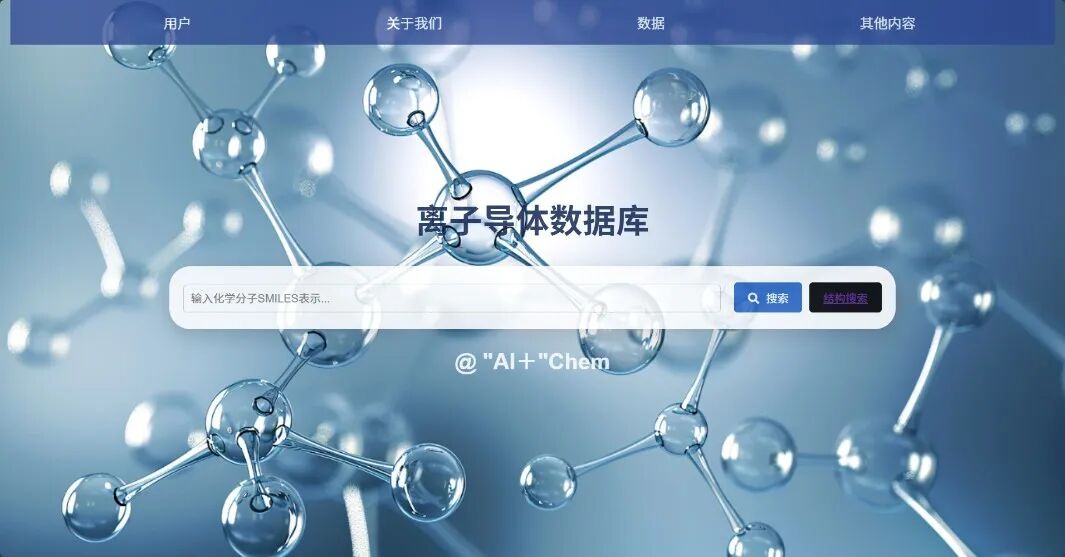
Team Members
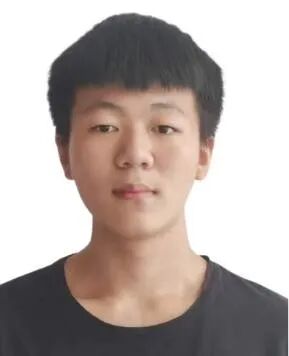
Wang Yu, undergraduate student of the 2021 class at the School of Chemistry and Life Resources. With the help of the supervising teacher, he has learned the basics of computer science such as Python and databases, and is currently studying data mining in large models. As the project leader of the ion conductor database platform, he coordinates the design and advancement of the project, ensuring the overall progress and quality of the project, and will later be responsible for guiding the project’s foundational theories.
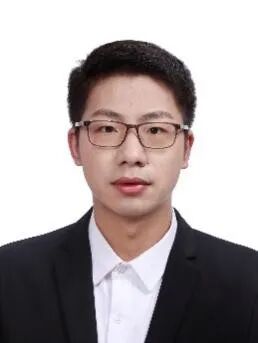
Yi Zeyu, undergraduate student of the 2021 class at the School of Public Administration. A member of the ChemAI (Artificial Intelligence Chemistry) team and project leader of the ion conductor database platform, with certain academic research and practical experience. Responsible for part of the code (such as molecular similarity comparison) and writing the documentation for this project.
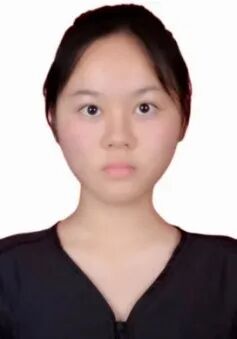
Hou Xiaoyang, undergraduate student of the 2023 class at the School of Chemistry and Life Resources. A member of the ChemAI (Artificial Intelligence Chemistry) team, with certain practical experience under the guidance of teachers, responsible for part of the code and writing the sharing protocol for the ion conductor database platform project.
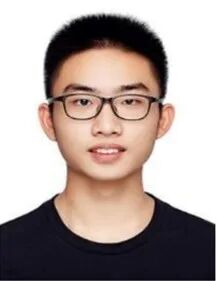
Wang Yuyang, undergraduate student of the 2022 class at the School of Economics. A member of the ChemAI (Artificial Intelligence Chemistry) team. Under the guidance of teachers, he has comprehensively learned Python programming, machine learning knowledge, and the PyTorch deep learning framework, with certain research experience and interdisciplinary vision. Responsible for preliminary modeling of molecular data processing and property prediction.
New Members (in order of pinyin):
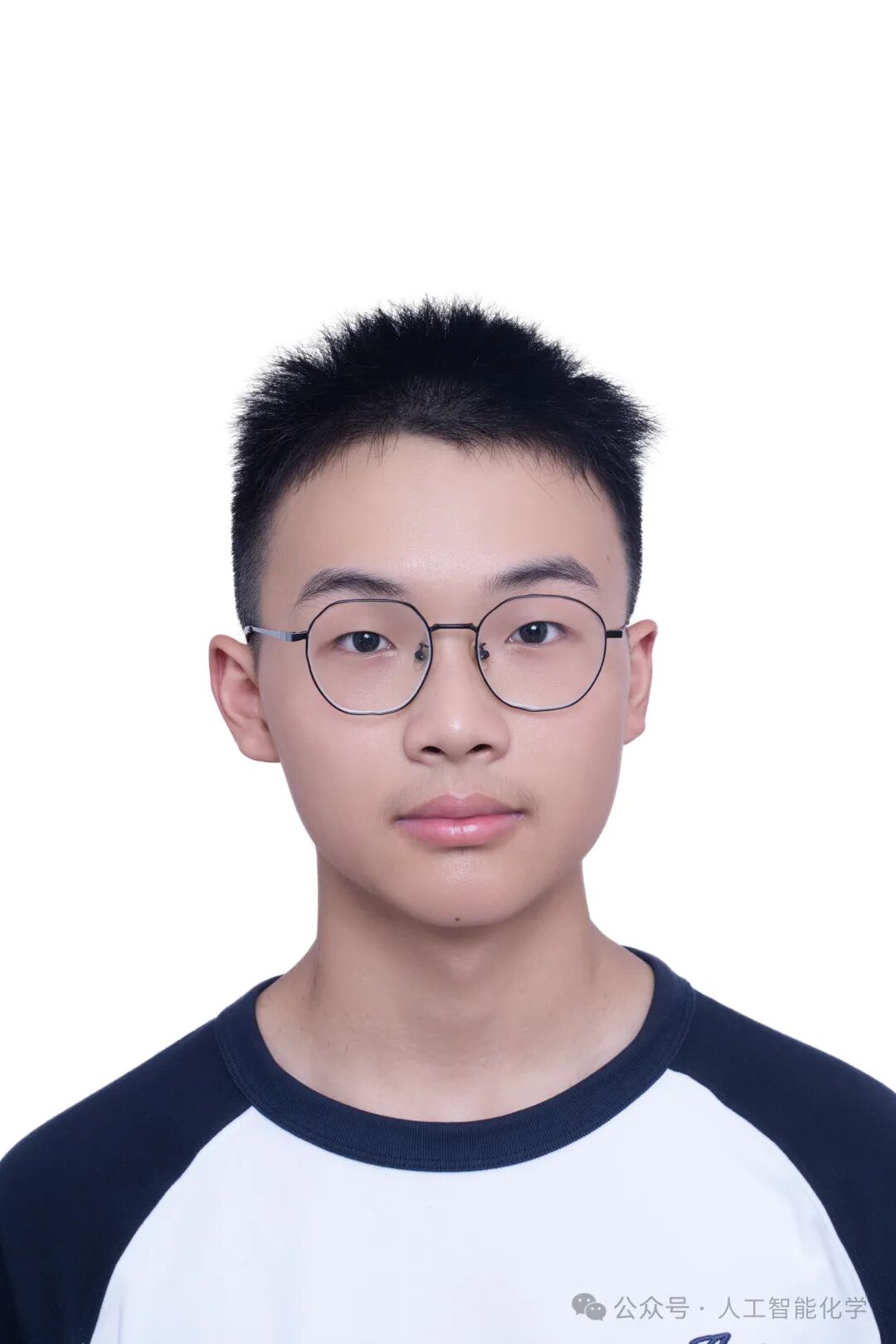 Hu Haohan, undergraduate student of the 2024 class at the School of Chemistry and Life Resources, new member of ChemAI-3.
Hu Haohan, undergraduate student of the 2024 class at the School of Chemistry and Life Resources, new member of ChemAI-3.
Wang Chunting, undergraduate student of the 2024 class at the School of Chemistry and Life Resources, new member of ChemAI-3.
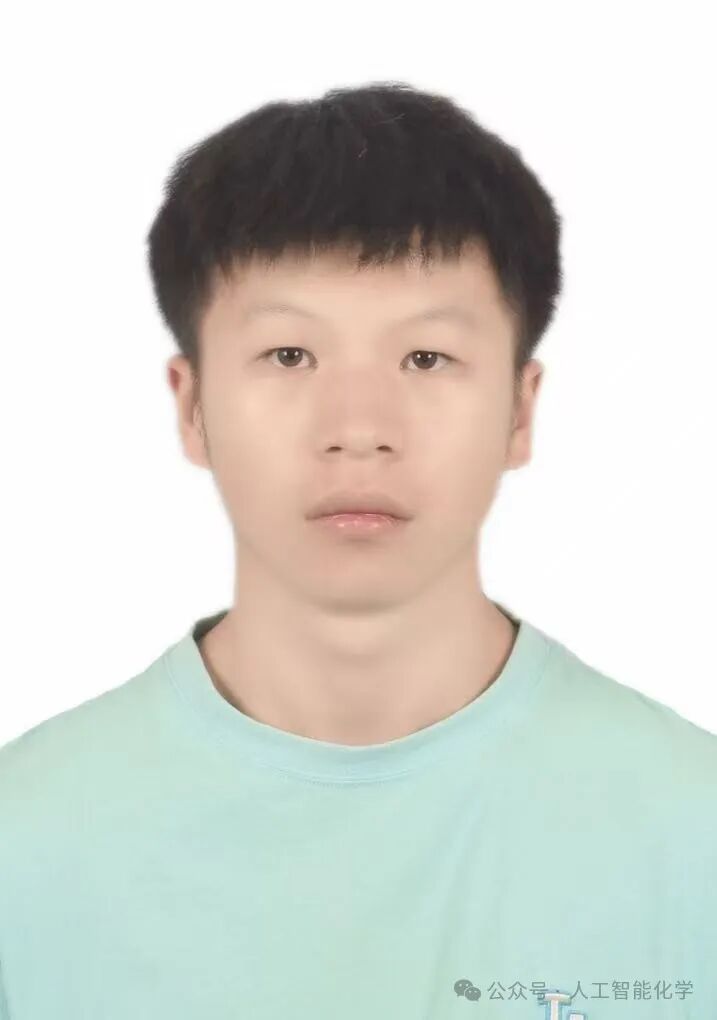 Xu Yuhang, undergraduate student of the 2023 class at the School of Agriculture and Rural Development, new member of ChemAI-3.(2) Direction of Intelligent Chemical Experiment Platform
Xu Yuhang, undergraduate student of the 2023 class at the School of Agriculture and Rural Development, new member of ChemAI-3.(2) Direction of Intelligent Chemical Experiment Platform
Laboratory equipment such as test tubes and beakers has been in use for hundreds of years, and the development of chemical experiments urgently needs further development and innovation. The intelligent chemical laboratory is a new laboratory model that combines advanced technologies such as artificial intelligence, the Internet of Things, and big data analysis with traditional chemical experiments. It optimizes experimental processes, enhances research efficiency, and reduces safety risks through intelligent means, making it an important direction for the digital transformation of the chemical field. In this context, hardware-oriented research support is needed continuously. We are committed to hardware automation technology, analyzing and optimizing existing experimental processes in laboratories, and providing high-throughput rapid testing solutions.
Currently, we have designed a high-throughput conductivity testing device based on pyserial and Arduino serial communication technology, including a rapid temperature control module and a 32-channel ionic liquid conductivity testing box. In terms of hardware structure, the core components we use include the Arduino Uno board, switching power supply, DC adjustable power supply constant voltage and current module, Peltier devices, and PT100 temperature sensors. In terms of software systems, we choose Python for upper computer programming, while using C language for programming on the Arduino Uno board. Ultimately, once all hardware connections are completed, a personal computer can directly control the device via USB, allowing users to easily set and monitor temperature in the GUI interface.
We look forward to further optimizing the laboratory research paradigm by improving existing measurement devices in the laboratory with automated components such as stepper motors, relays, and Wi-Fi modules, automating and enhancing platforms that require manual operation, such as syringe pumps, test tube racks, and fume hoods. As the scale of laboratory automation components increases, we also need more like-minded partners to join our team to jointly promote the intelligent upgrade of laboratories! Let technology empower scientific research.
Team Members:
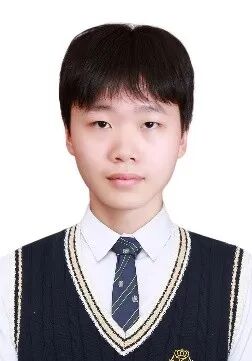
Wang Liyi, undergraduate student of the 2023 class at the School of Chemistry and Life Resources. A member of the ChemAI (Artificial Intelligence Chemistry) team. Under the guidance of teachers, he has improved his knowledge of Python and microcontroller-related knowledge, responsible for building the ionic liquid conductivity testing device, with certain programming abilities, and will later be responsible for guiding the foundational theories of project programming.
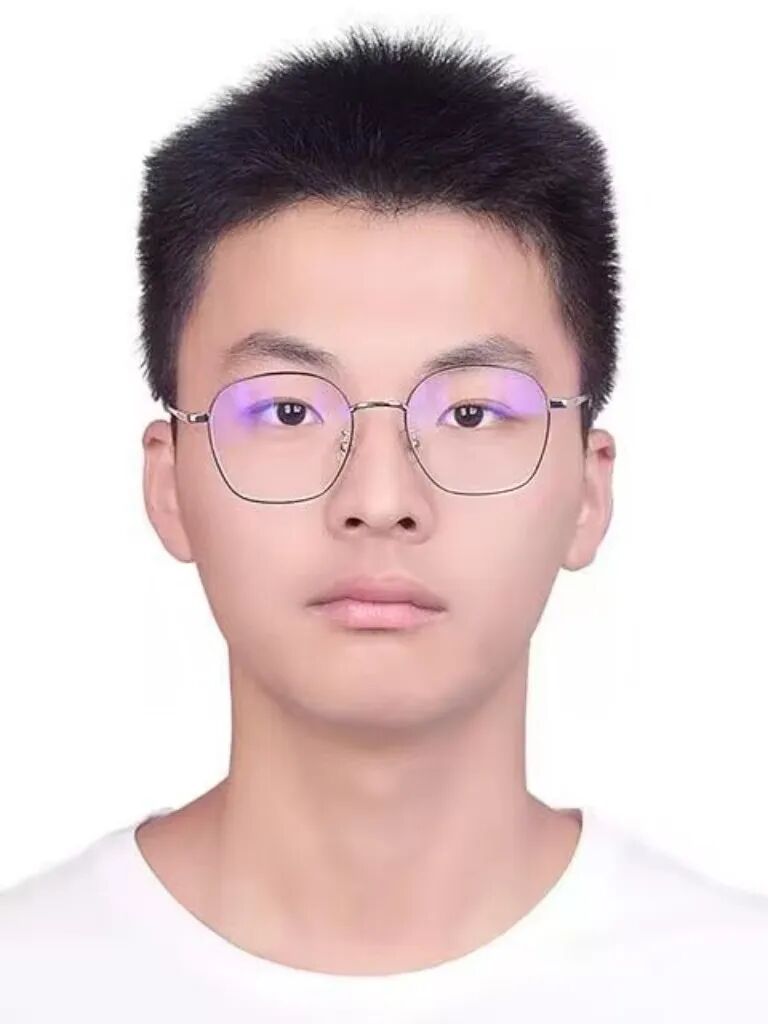
Hu Bo, undergraduate student of the 2023 class at the School of Chemistry and Life Resources. A member of the ChemAI (Artificial Intelligence Chemistry) team. Under the guidance and help of teachers, he has further mastered and improved his coding and hardware operation abilities, comprehensively learning knowledge related to artificial intelligence and chemistry, with certain practical experience.
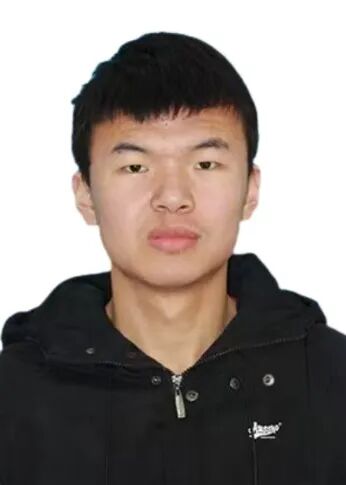
Niu Wenbo, undergraduate student of the 2023 class at the School of Chemistry and Life Resources. A member of the ChemAI (Artificial Intelligence Chemistry) team. Under the guidance of teachers, he has learned Python and microcontroller-related knowledge, participating in the construction of the ionic liquid conductivity testing device, with certain practical abilities.
New Members (in order of pinyin):
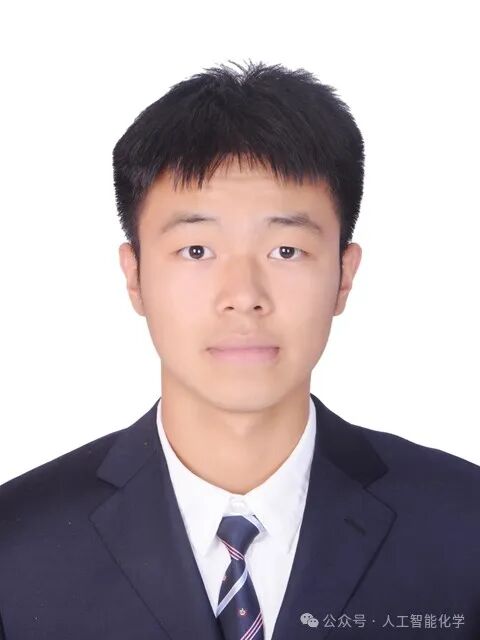 Bu Zhiheng, undergraduate student of the 2024 class at the School of Chemistry and Life Resources, new member of ChemAI-3.
Bu Zhiheng, undergraduate student of the 2024 class at the School of Chemistry and Life Resources, new member of ChemAI-3.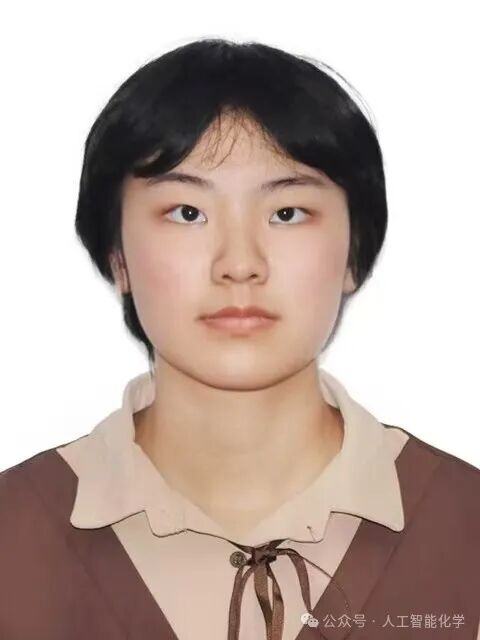 Guo Liyuan, undergraduate student of the 2024 class at the School of Chemistry and Life Resources, new member of ChemAI-3.
Guo Liyuan, undergraduate student of the 2024 class at the School of Chemistry and Life Resources, new member of ChemAI-3.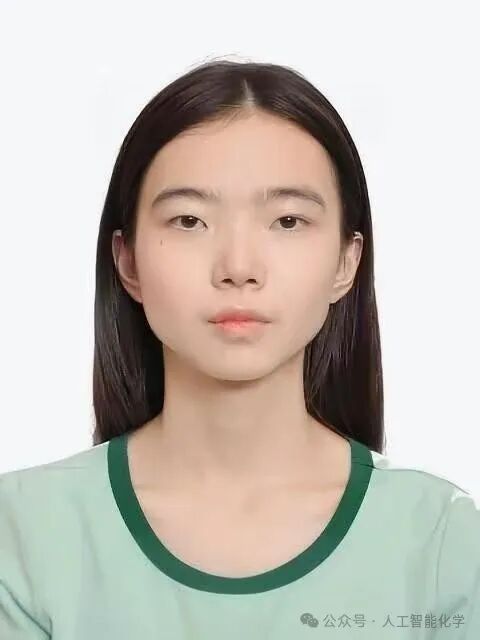 He Xinyu, undergraduate student of the 2024 class at the School of Chemistry and Life Resources, new member of ChemAI-3.
He Xinyu, undergraduate student of the 2024 class at the School of Chemistry and Life Resources, new member of ChemAI-3.
Layout: Youyi Cloud AI
Review: He Yonglin, Shen Weiran